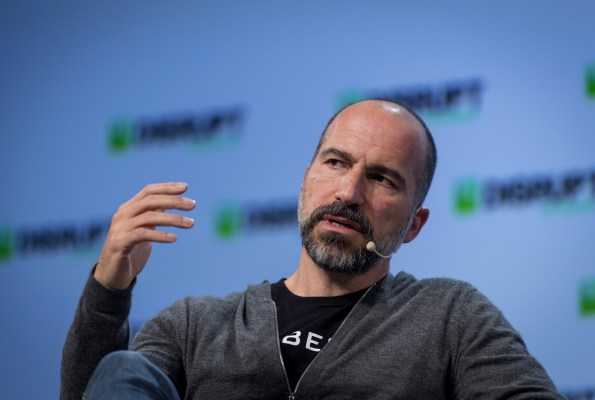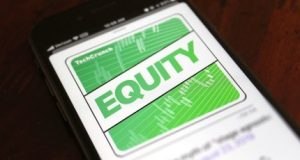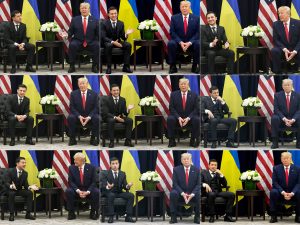
Uber CEO Dara Khosrowshahi’s comments during an interview with Axios — and his subsequent apology — have done more than hand the company’s critics more ammunition in the renewed #boycottUber campaign. (Although, mission accomplished on that front.)
They also exposed a weakness that if left uncorrected threatens to bring back the toxic culture Khosrowshahi promised he would eliminate when he took over as CEO in 2017.
First, a recap. During an interview, Khosrowshahi called the murder of journalist and U.S. resident Jamal Khashoggi by Saudi Arabia a “serious mistake” and compared it to the death of pedestrian Elaine Herzberg who was struck and killed by an Uber self-driving car. And then he added, “People make mistakes, it doesn’t mean that they can never be forgiven.”
Khosrowshahi has tried to reel back those murder-is-forgivable comments. He’s issued an apology and Axios editor Dan Primack noted that the CEO called his cell soon after taping the show to express regret for the “language he used” about Khashoggi.
There’s no forgiving or forgetting what happened to Jamal Khashoggi & I was wrong to call it a “mistake.” As I told @danprimack after our interview, I said something in the moment I don’t believe. Our investors have long known my views here & I’m sorry I wasn’t as clear on Axios https://t.co/RxapzktrXq
— dara khosrowshahi (@dkhos) November 11, 2019
Khosrowshahi’s comments had a familiar ring to them. And that’s because he has applied this people-can-change-and-mistakes-happen attitude to serious infractions before.
During an interview in 2018 at TechCrunch Disrupt SF, Khosrowshahi defended Uber COO Barney Harford, who had reportedly made insensitive comments about women and racial minorities. Khosrowshahi described Harford as “an incredible person” and “one of the good people” as it relates to diversity and inclusion.
“I don’t think that a comment that might have been taken as insensitive and happened to report by large news organizations should mark a person,” Khosrowshahi said at the time. “I don’t think that’s fair. And I’m sure I’ve said things that have been insensitive and you take that as a learning moment. And the question is, does a person want to change, does a person want to improve? Does a person understand when they did something wrong, and then change behaviors? And I’ve known Barney for years and that’s why I stand 100 percent behind him.”
This people-make-mistakes stance might not seem like a dangerous position to take. After all, people do make mistakes and forgiveness is supposed to be a virtue, not a vice.
But in a company where toxicity and bad behavior reigned for years, applying the equivalent of “oops!” to serious infractions risks undoing any progress Khosrowshahi has made. If progress was made at all.
This latest incident, as well as concerns around Uber’s treatment of its drivers and a new NTSB report that found the company’s self-driving system design did not include a consideration for jaywalking pedestrians, begs the question of whether the culture has indeed changed for the better?



